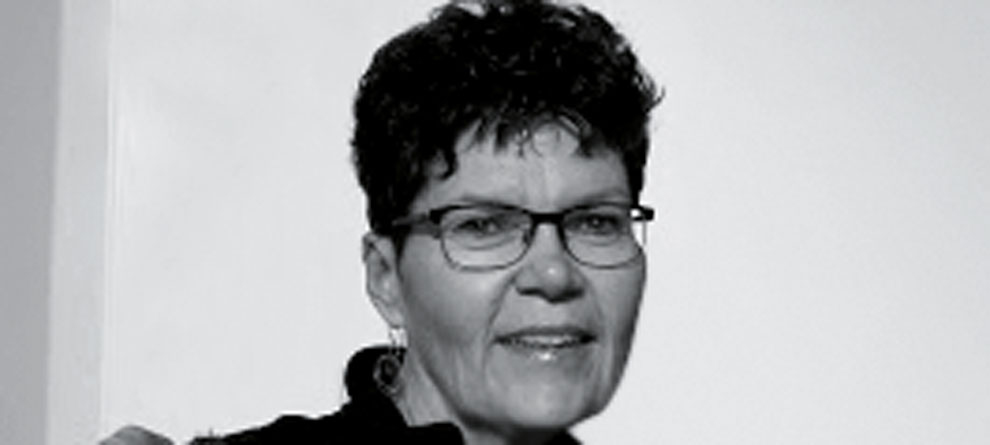Leading by Example
Sometimes helping others is the best way to help yourself. That’s why Liza Tregillus, MSW, a Colorado-based youth coach and parent of a child with epilepsy, created the Peer Mentor Project more than 10 years ago. Drawing on her experiences as a social worker and play therapist, Tregillus shares her motivations and insights.
What is the Peer Mentor Project?
It’s a youth leadership project that brings together children and teens with a variety of health conditions, including epilepsy, and gives them an opportunity to connect and learn from one another. They come to accept their diagnoses and to view their medical challenges as character-building assets, not disadvantages. We also train youth to be mentors for their peers with similar conditions. Giving them this responsibility helps with self-esteem and self-worth; as role models for others, they often start taking better care of themselves.
Why did you start the project?
Young adults with health conditions often feel isolated from those around them. The project gives them a chance to open up without the fear of being judged or rejected. We teach them meditation techniques to help alleviate anxiety and depression, along with certain social skills, such as how to make friends and talk to their peers. Humor is important too. We actually have a contest during the leadership training in which each person explains what aspect of their health issue is the most challenging; it gives them permission to vent in a frank, unfiltered way.
What are some other resources for youth and their families?
Resources vary by community, but most areas will have some kind of local support group. The Epilepsy Foundation, for example, has a variety of individual and family services for parents with epilepsy, children with epilepsy, and parents of children with epilepsy. You should also talk to your epileptologist, neurologist, and other doctors about available resources.
How can parents support teens with epilepsy?
Ask them what they need. Make sure they understand their condition and encourage them to ask questions. If possible, arrange for them to meet with other youth living with a similar condition. My son was diagnosed with epilepsy when he was 9. I made sure to educate others about the condition and even advocated with our local police force to add epilepsy to their training to help them better recognize when someone is having a focal (partial-onset) seizure. The teen mentors in our program also present with me at local schools, giving them an opportunity to raise awareness about the condition and reduce stigma, while empowering them to have pride in their experience and knowledge.
Originally printed in EpilepsyAdvocate, Spring 2018
Categories : From Our Magazine
Tags : Blog





